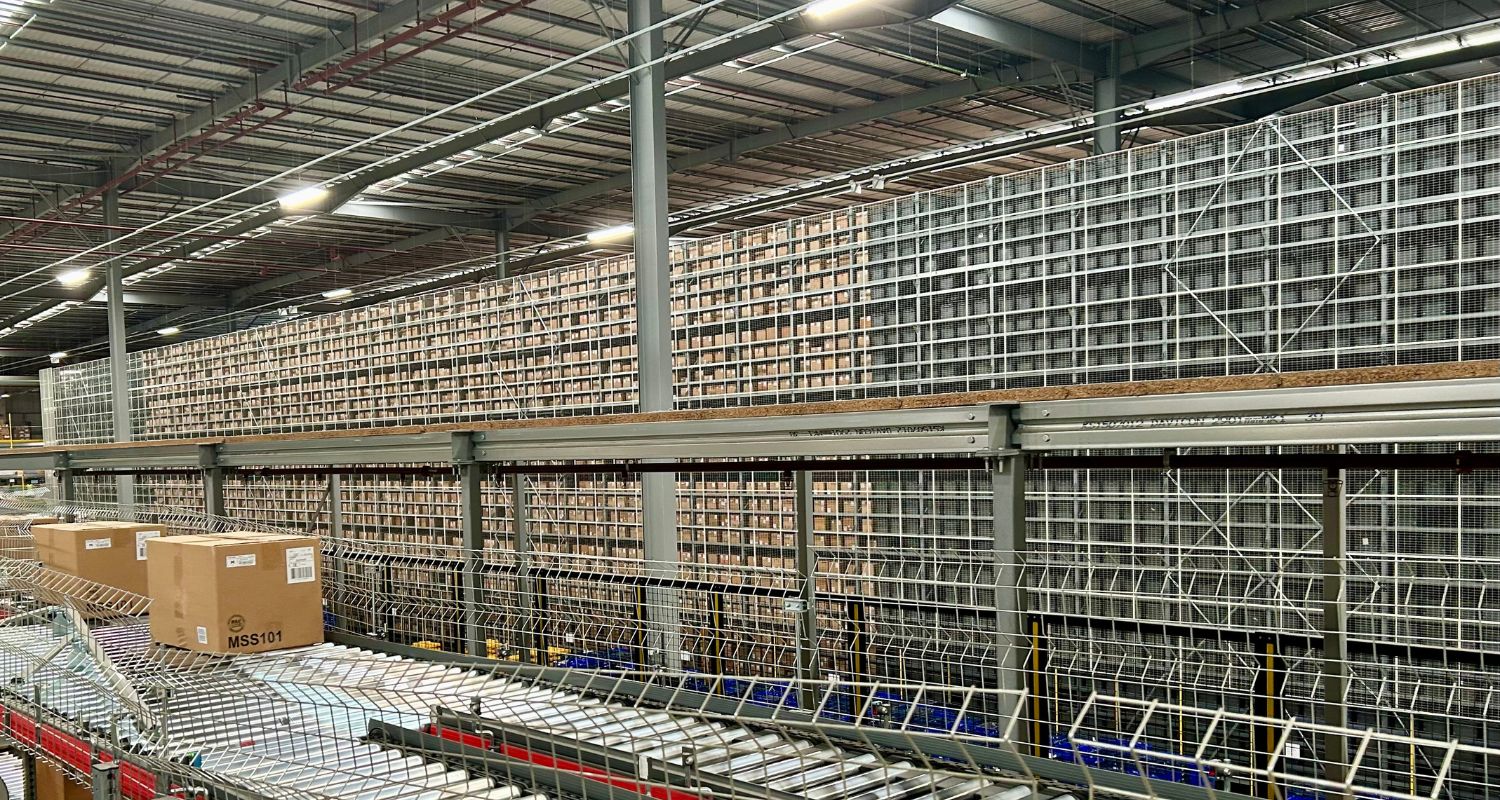
Post #17: Livin’ for the smarter city
1.3m people are moving into cities globally each week (per the United Nations). It was against this background that we published our 58th thematic commentary on what cities need to do to become smarter earlier this month. As part of our ongoing research into this theme, we were lucky enough to meet recently with a senior executive whose business is actively involved in making cities smarter. Below follow the four key take-aways from our meeting:
1: Smart cities need to be integrated cities: It was impressed upon us that the biggest barrier preventing cities from becoming ‘smarter’ generally lay in bureaucracy. Put another way, a lack of integration between traditionally siloed players within a city’s infrastructure (e.g. the police, local utilities, tourism bodies etc.) typically prevented cities from sharing common infrastructure. Even if many cities describe themselves as ‘smart’, very few today have genuinely integrated infrastructure. Singapore is perhaps the best example, where things work, primarily owing to the size of the city and its relative newness.
2: Smart cities are not big data problems: Many systems integrators (such as Cisco or IBM) have been visible in the field of smart cities, highlighting their data management platforms as a way to organise and integrate cities better. While platforms are undoubtedly good at managing data, what arguably matters more is having the relevant data. Cities might therefore be better off spending their allocated budgets on training employees on which data to collect (and how to monetise existing data) than on developing brand-new digital infrastructure.
3: Lighting is the most pragmatic stepping stone to cities becoming smarter: Look around you and in every city you will see the abundant presence of street lights. These constitute an attractive resource that has the potential to be leveraged. Consider that (a) the infrastructure is already in place (i.e. there is no need to dig up the streets) (b) lighting is typically owned by municipalities (c) where you have lights, you have people. All the above implies that there is scope to add Wi-Fi, surveillance and so on to the relatively prosaic lamp post.
4: Smart cities cannot be tackled by one entity: As we discussed in our own commentary, there is no single panacea for cities to be(come) smart. Even if lighting constitutes an attractive and pragmatic near-term solution, lighting businesses are not, for example, experts in surveillance (the lighting tower just hosts the surveillance cameras). This implies a clear need for businesses to consider developing partnerships and pooling expertise. The managers of smart cities will be businesses operating in collaborative ecosystems.
Disclaimers
The document is provided for information purposes only and does not constitute investment advice or any recommendation to buy, or sell or otherwise transact in any investments. The document is not intended to be construed as investment research. The contents of this document are based upon sources of information which Heptagon Capital LLP believes to be reliable. However, except to the extent required by applicable law or regulations, no guarantee, warranty or representation (express or implied) is given as to the accuracy or completeness of this document or its contents and, Heptagon Capital LLP, its affiliate companies and its members, officers, employees, agents and advisors do not accept any liability or responsibility in respect of the information or any views expressed herein. Opinions expressed whether in general or in both on the performance of individual investments and in a wider economic context represent the views of the contributor at the time of preparation. Where this document provides forward-looking statements which are based on relevant reports, current opinions, expectations and projections, actual results could differ materially from those anticipated in such statements. All opinions and estimates included in the document are subject to change without notice and Heptagon Capital LLP is under no obligation to update or revise information contained in the document. Furthermore, Heptagon Capital LLP disclaims any liability for any loss, damage, costs or expenses (including direct, indirect, special and consequential) howsoever arising which any person may suffer or incur as a result of viewing or utilising any information included in this document.
The document is protected by copyright. The use of any trademarks and logos displayed in the document without Heptagon Capital LLP’s prior written consent is strictly prohibited. Information in the document must not be published or redistributed without Heptagon Capital LLP’s prior written consent.
Heptagon Capital LLP, 63 Brook Street, Mayfair, London W1K 4HS
tel +44 20 7070 1800
email [email protected]
Partnership No: OC307355 Registered in England and Wales Authorised & Regulated by the Financial Conduct Authority
Heptagon Capital Limited is licenced to conduct investment services by the Malta Financial Services Authority.



